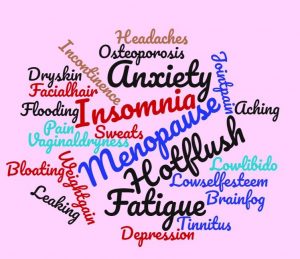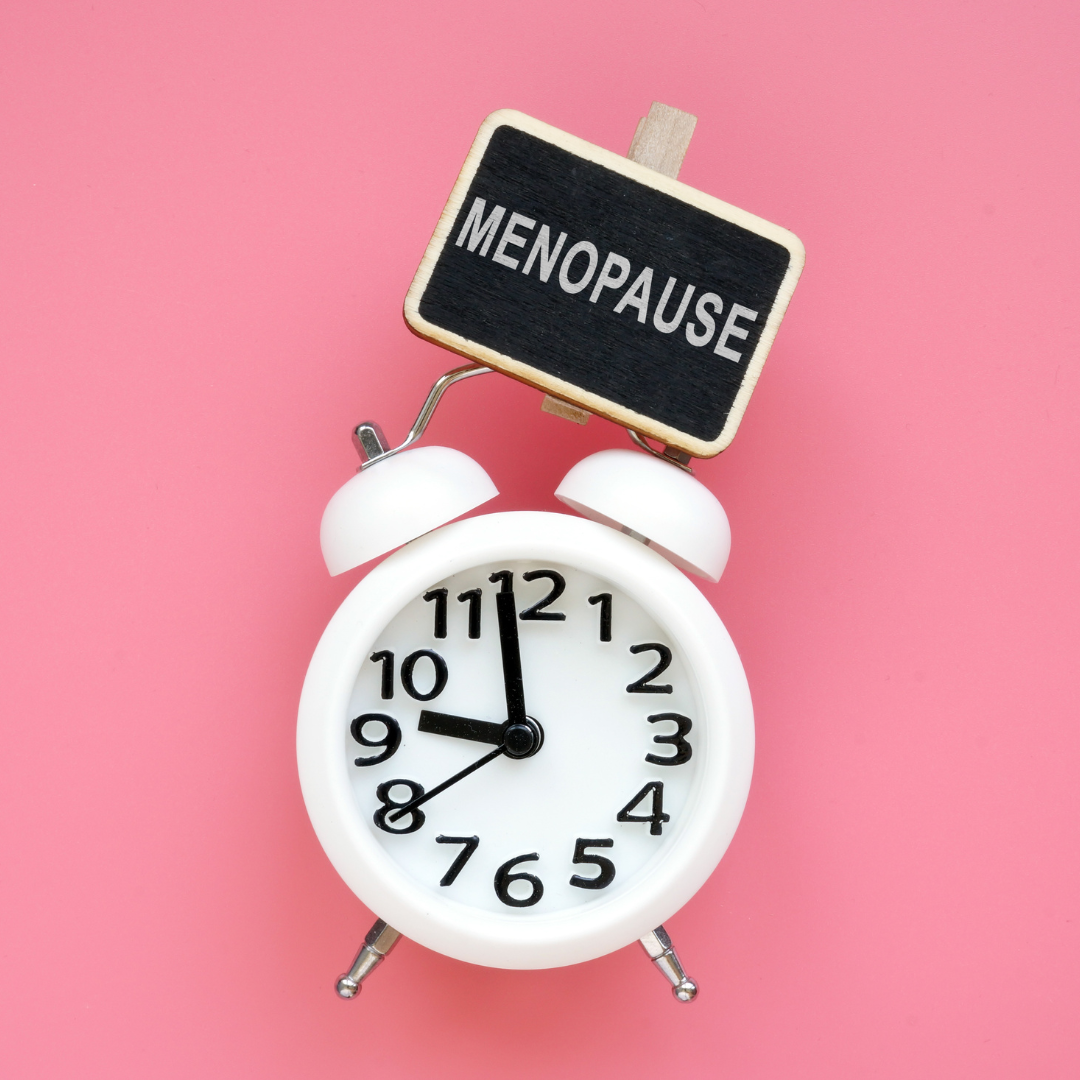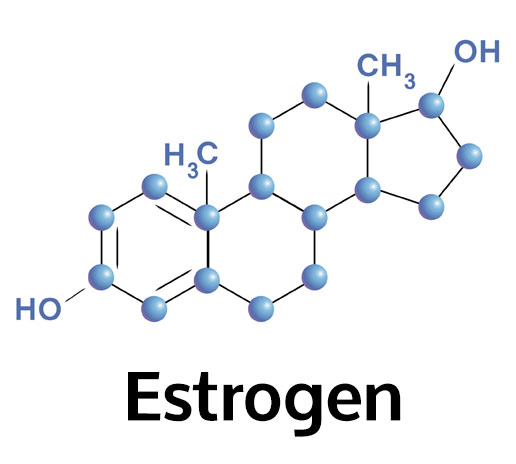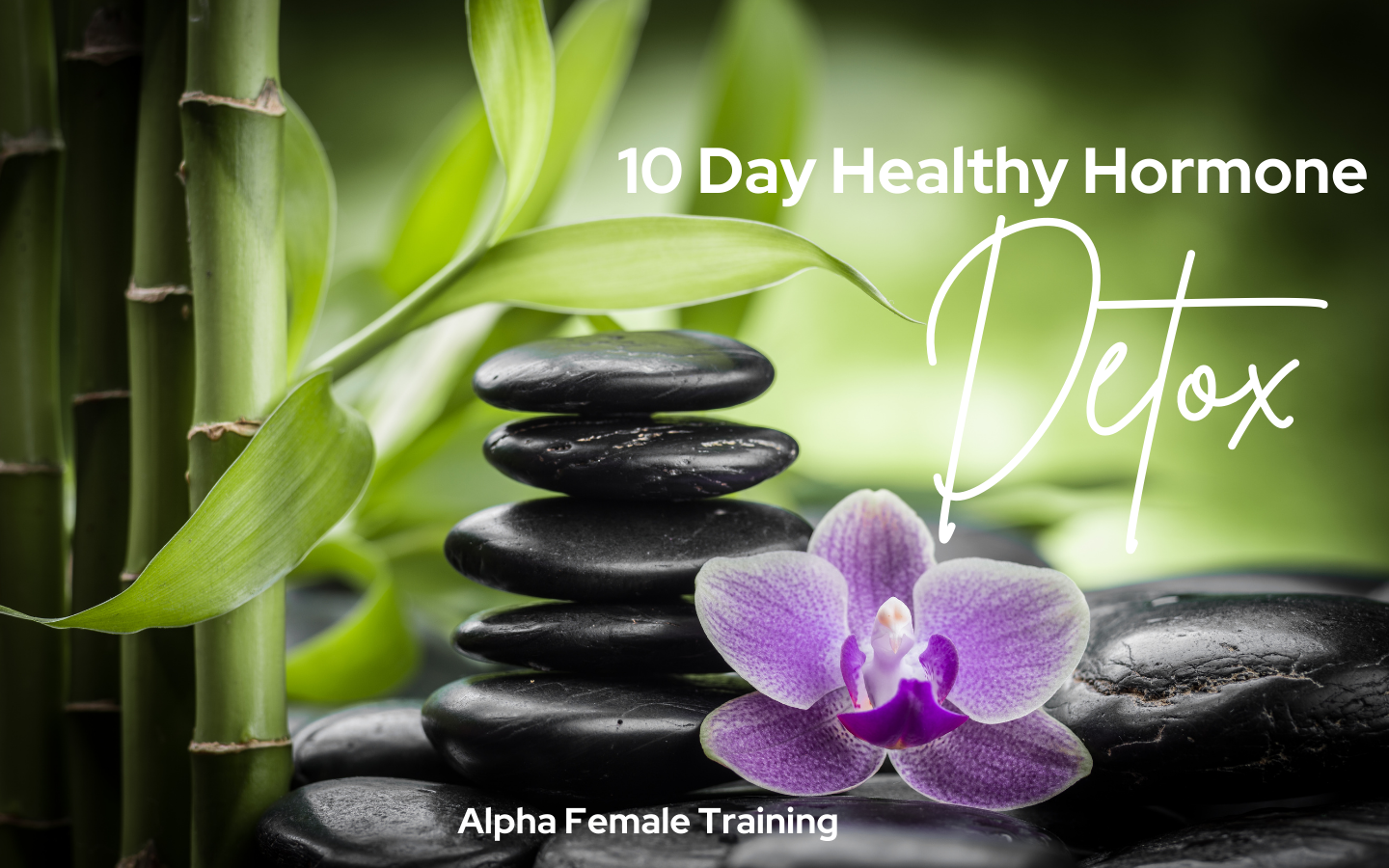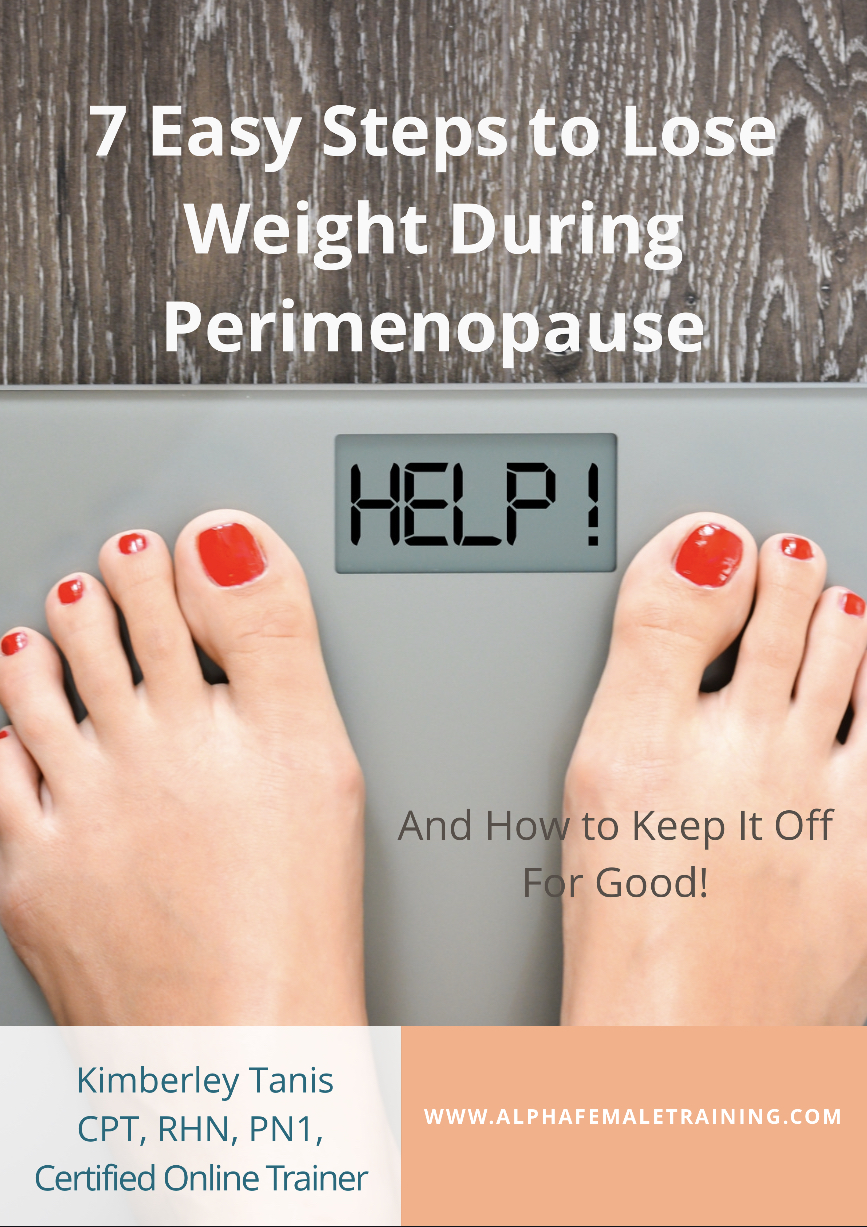What is a hormone imbalance?
If you're researching what is a hormone imbalance it can be a confusing and frustrating issue for many women especially as we get older. Hormones are chemical messengers that regulate various functions in the body, including metabolism, growth and development, mood, and reproductive health. When these hormones become imbalanced, it can lead to a variety of physical and emotional symptoms.
Think of your body like a symphony where it's at its best when all of your hormones are working together.
There are many different hormones in the body that can become imbalanced, but some of the most common include estrogen, progesterone, testosterone, and thyroid hormones. Estrogen and progesterone are primarily responsible for regulating the menstrual cycle and reproductive health, while testosterone is responsible for sexual function and muscle mass. Thyroid hormones, on the other hand, regulate metabolism and energy levels.

What is a hormone imbalance -some symptoms
Symptoms of hormone imbalance can vary depending on which hormones are affected, but some common ones include:
- Irregular periods or heavy bleeding
- Hot flashes or night sweats
- Mood swings, irritability, or depression
- Fatigue or low energy levels
- Weight gain or difficulty losing weight
- Acne or other skin issues
- Hair loss or thinning
- Low sex drive or sexual dysfunction
There are many different factors that can contribute to hormone imbalance, including stress, diet, exercise, medications, and underlying medical conditions. In some cases, hormone imbalance may be a natural part of aging, such as during menopause.
Hormonal imbalances are a common issue among women, and they can lead to a variety of health problems. Knowing what is a hormone imbalance can help to know what to look for.
Two of the most common hormonal imbalances that women face are polycystic ovary syndrome (PCOS) and underactive thyroid (hypothyroidism). In this article, we will take a closer look at these two conditions, their symptoms, causes, and treatment options.
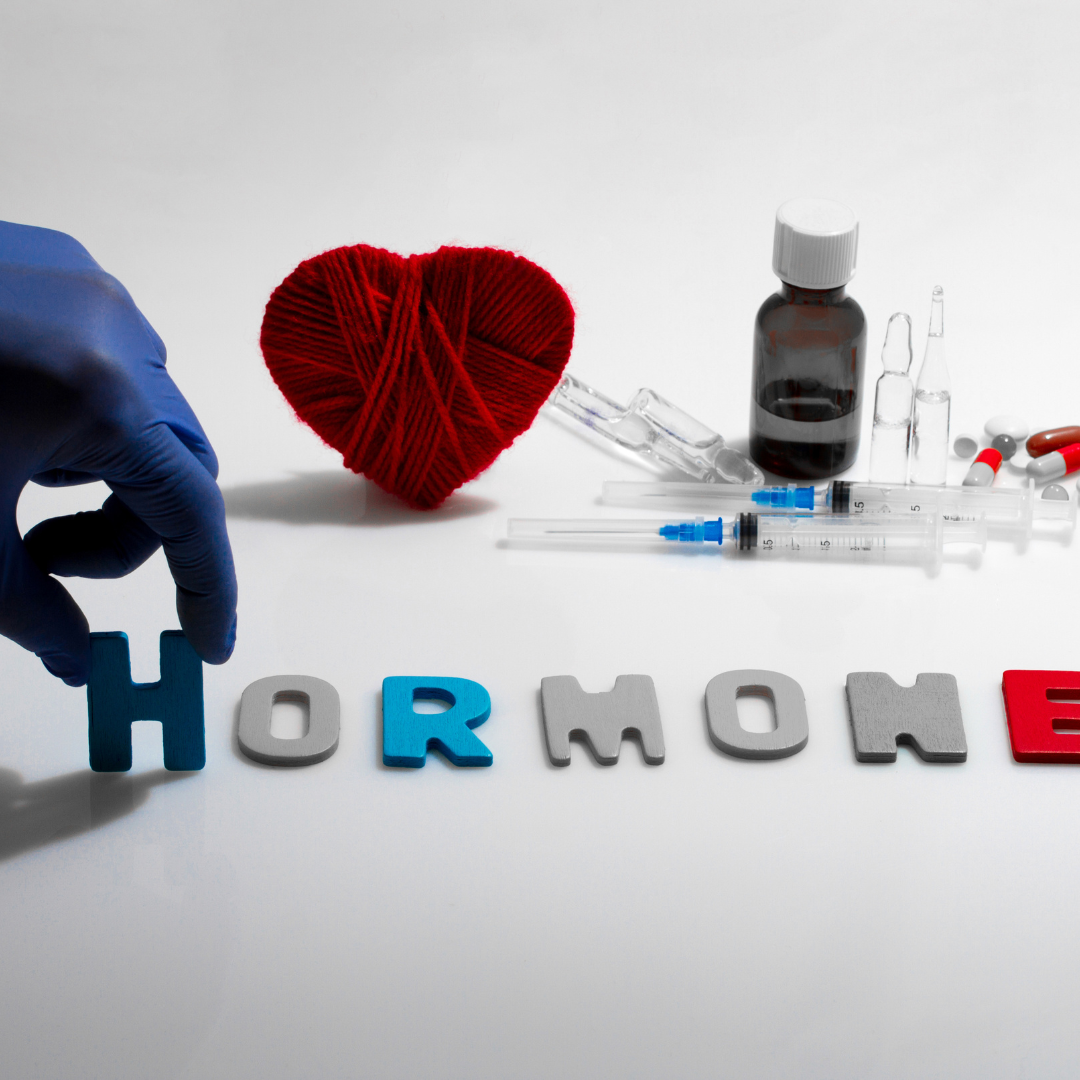
Polycystic Ovary Syndrome (PCOS)
Polycystic ovary syndrome, or PCOS, is a hormonal disorder that affects millions of women worldwide. It is characterized by high levels of androgens, which are male hormones that are present in women in small amounts. Women with PCOS have ovaries that produce more androgens than normal, which can lead to a variety of symptoms.
Symptoms can include things like :
The symptoms of PCOS can vary from woman to woman, but some of the most common symptoms include:
- Irregular periods or no periods at all
- Heavy bleeding during periods
- Excess hair growth on the face, chest, and back
- Acne
- Weight gain or difficulty losing weight
- Ovarian cysts
Causes:
The exact cause of PCOS is not yet known, but it is believed to be related to insulin resistance, which is a condition where the body's cells become resistant to insulin, a hormone that regulates blood sugar levels. Insulin resistance can lead to an increase in insulin and androgen production, which can contribute to the symptoms of PCOS.
Treatment:
There is no cure for PCOS, but there are several treatment options available to manage the symptoms. Some of the most common treatments include:
- Birth control pills: These can help regulate the menstrual cycle and reduce androgen levels.
- Metformin: This medication is commonly used to treat type 2 diabetes, but it can also be used to treat insulin resistance and lower androgen levels.
- Lifestyle changes: Losing weight, eating a healthy diet, and exercising regularly can help manage the symptoms of PCOS.
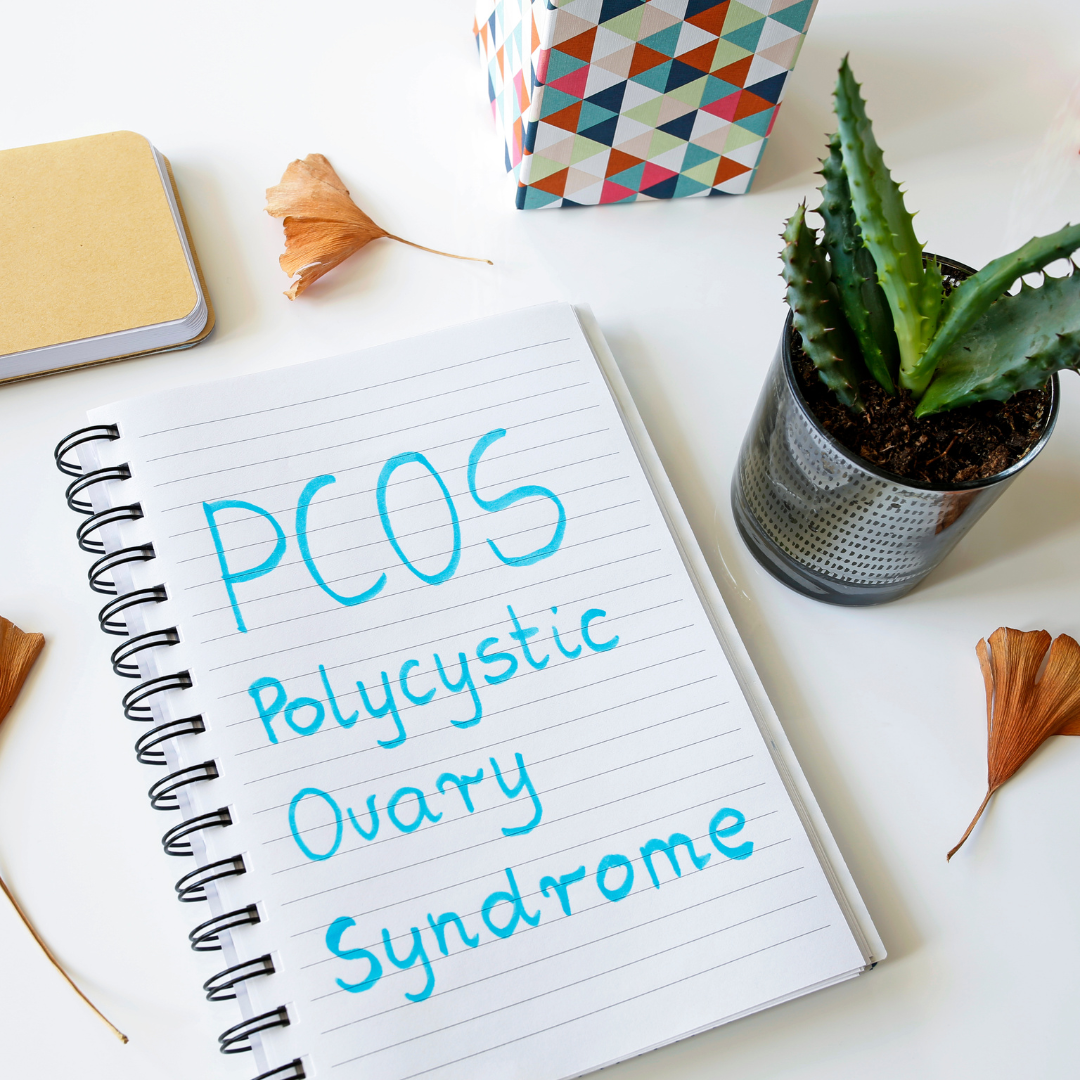
Underactive Thyroid (Hypothyroidism)
Underactive thyroid, or hypothyroidism, is a condition where the thyroid gland does not produce enough thyroid hormone. The thyroid hormone plays a crucial role in regulating the body's metabolism, so when the levels are low, it can lead to a variety of symptoms.
Symptoms:
The symptoms of hypothyroidism can vary from person to person, but some of the most common symptoms include:
- Fatigue
- Weight gain or difficulty losing weight
- Cold intolerance
- Constipation
- Dry skin
- Hair loss
- Depression
Causes:
The most common cause of hypothyroidism is an autoimmune disorder called Hashimoto's thyroiditis, which occurs when the immune system attacks the thyroid gland. Other causes include radiation therapy, surgery to remove the thyroid gland, and certain medications.
Treatment:
The most common treatment for hypothyroidism is thyroid hormone replacement therapy, which involves taking a synthetic thyroid hormone called levothyroxine. This medication can help regulate the levels of thyroid hormone in the body and alleviate the symptoms of hypothyroidism.
In conclusion, PCOS and hypothyroidism are two of the most common hormonal imbalances that women face. These conditions can cause a variety of symptoms, but there are several treatment options available to manage them. If you suspect that you may have a hormonal imbalance, it is important to speak with your healthcare provider to ask what is a hormone imbalance and get a proper diagnosis and treatment plan.
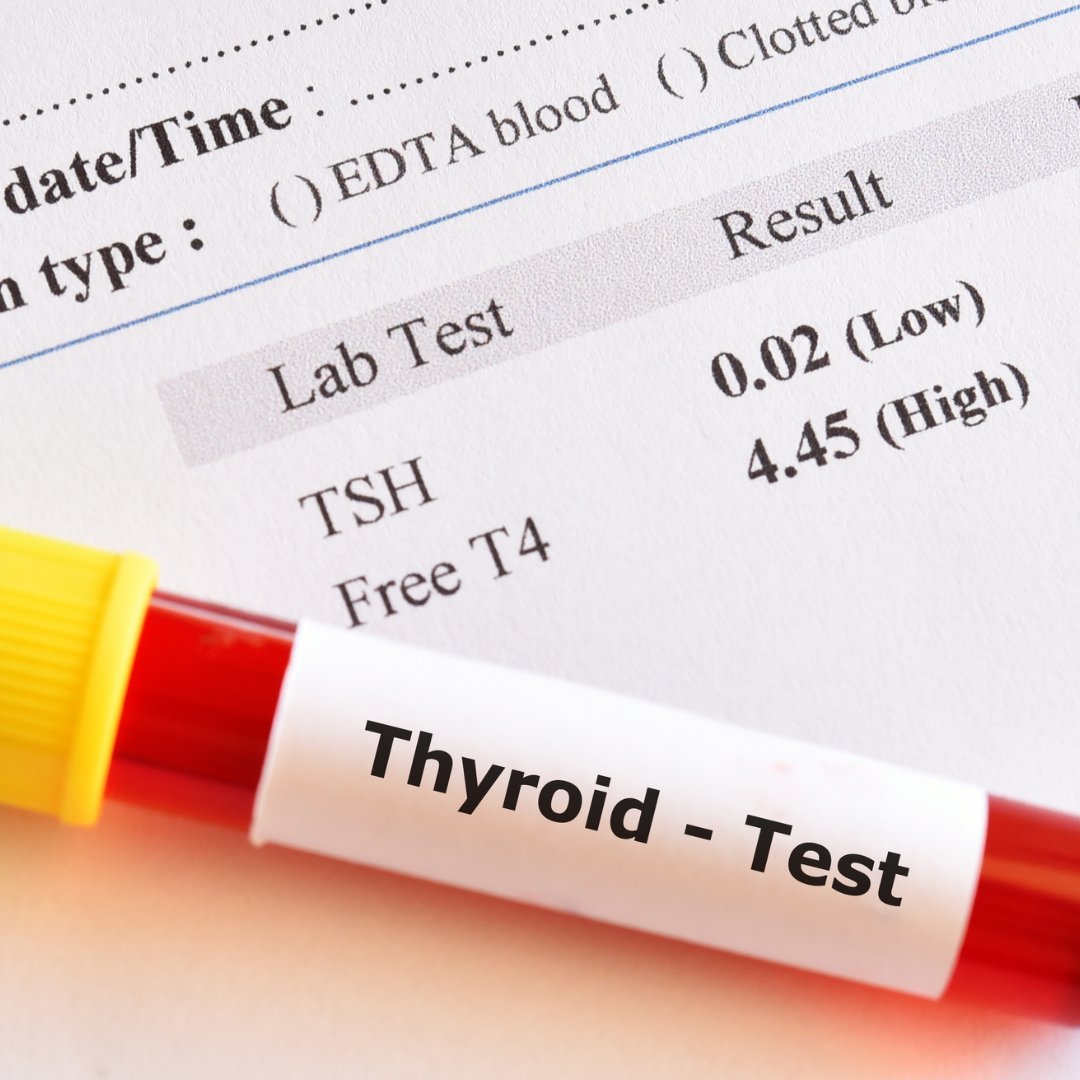
Estrogen Dominance and Hashimoto's
Estrogen dominance is a hormonal imbalance that occurs when there is an excess of estrogen relative to other hormones in the body, particularly progesterone. This can occur in both men and women, but it is more common in women.
Estrogen dominance can be caused by a number of factors, including stress, environmental toxins, and dietary factors. One condition that is commonly associated with estrogen dominance is Hashimoto's thyroiditis.
Hashimoto's thyroiditis is an autoimmune condition that affects the thyroid gland, which is responsible for producing hormones that regulate metabolism. In Hashimoto's, the immune system attacks the thyroid gland, causing inflammation and damage over time. This can lead to an underactive thyroid (hypothyroidism), which can cause a range of symptoms such as fatigue, weight gain, and depression.
Estrogen dominance can contribute to the development of Hashimoto's thyroiditis in a number of ways. For example, estrogen can interfere with the conversion of inactive thyroid hormone (T4) to active thyroid hormone (T3) in the liver, leading to low levels of T3 and hypothyroidism. Estrogen can also increase the production of thyroid-binding globulin (TBG), which binds to thyroid hormone and reduces the amount of active hormone available to the body.
Furthermore, estrogen can contribute to inflammation in the body, which can exacerbate the autoimmune response in Hashimoto's. This may be due to estrogen's effects on the immune system, as it can stimulate the production of pro-inflammatory cytokines and increase the activity of immune cells.
In summary, estrogen dominance can contribute to the development and progression of Hashimoto's thyroiditis by interfering with thyroid hormone production and increasing inflammation in the body. If you suspect that you may have estrogen dominance or Hashimoto's, it is important to consult with a healthcare professional for proper diagnosis and treatment.
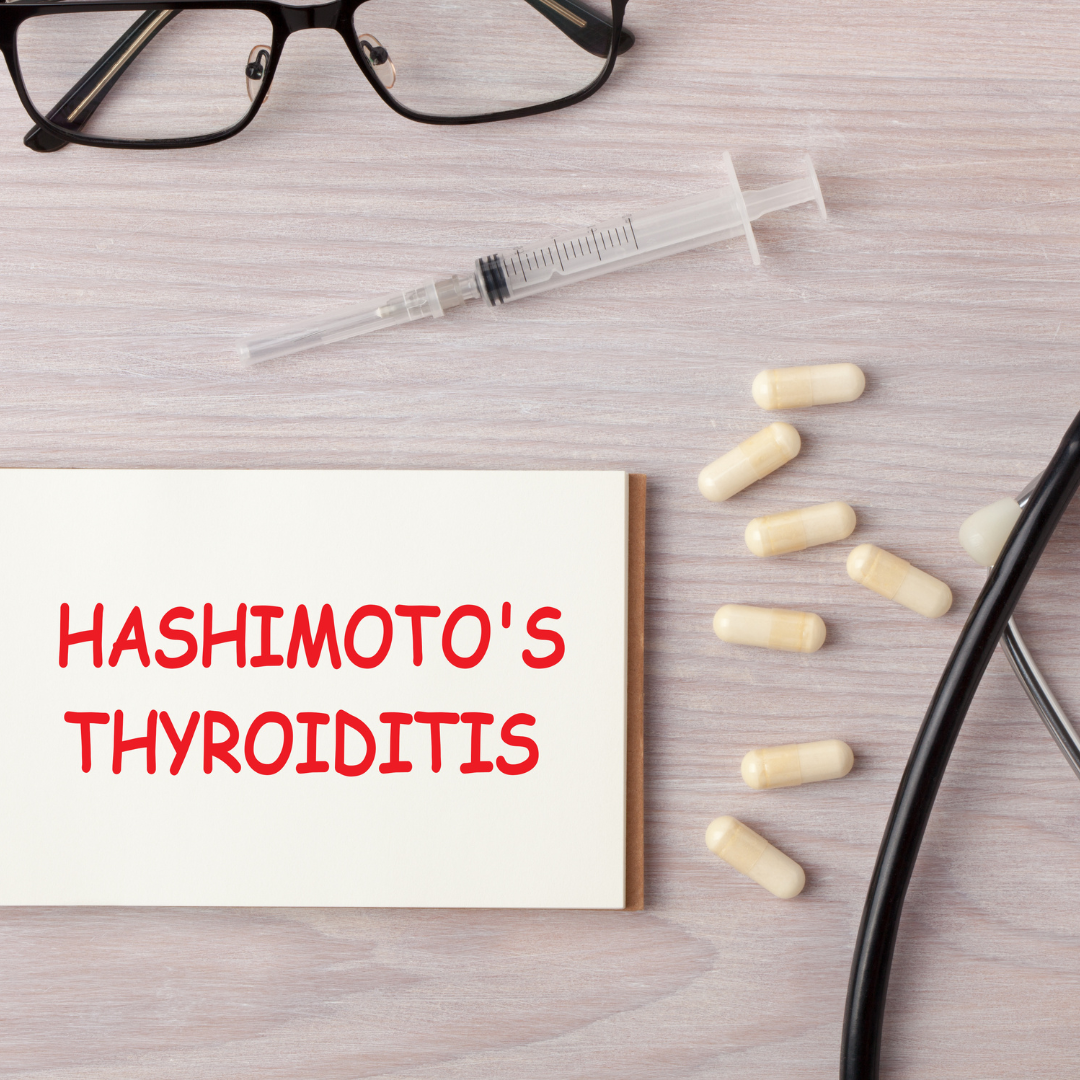
If you suspect that you may be experiencing symptoms of hormone imbalance and are asking online what is a hormone imbalance, it's important to talk to your healthcare provider and take note of the symptoms you are experiencing. They can perform tests to determine which hormones may be out of whack and recommend appropriate treatments, such as hormone replacement therapy or more importantly diet and lifestyle changes.
You can read about hormone balancing diet tips here
In addition to medical treatments, there are also lifestyle changes that can help balance hormones naturally. These may include eating a balanced diet rich in nutrients, getting regular exercise, reducing stress levels, and avoiding exposure to toxins and chemicals.
Overall, hormone imbalance can be a complex issue, but with the right diagnosis and treatment, it is possible to restore balance and improve overall health and wellbeing.
You may be interested in my Hormone Detox Program
